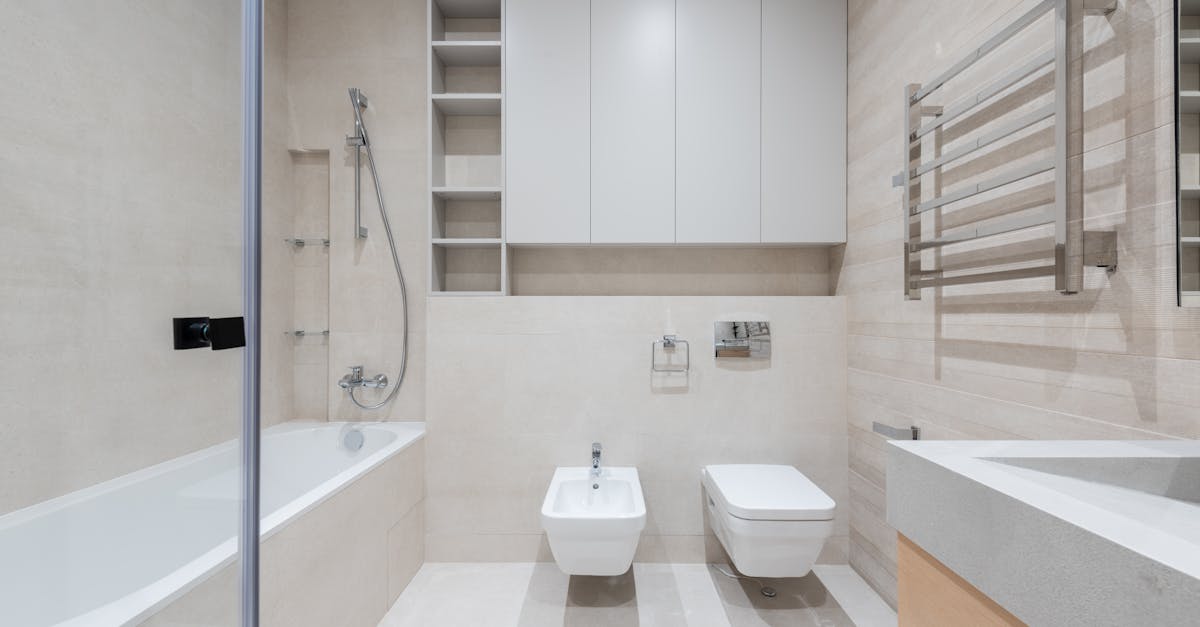Home Safety Hacks
Keeping your home safe for your toddler can feel like a never-ending project. Start with the basics: install safety gates, cover electrical outlets, and secure heavy furniture to the wall. Additionally, store hazardous substances out of reach. Don’t forget to keep small objects that pose a choking hazard away from curious hands. Remember, your home is their playground, so make it as safe as possible!

Kitchen Safety for Toddlers
Kitchens are the heart of the home, but they can also be dangerous for toddlers. It’s crucial to take necessary precautions to ensure their safety.
- Stove Guards: Install stove guards to prevent direct contact with hot surfaces.
- Keep Hot Items Out of Reach: Store hot items in high places where toddlers cannot access them.
- Childproof Locks: Use childproof locks on cabinets containing cleaning supplies and other hazardous materials.
- Supervision: Teach toddlers that the kitchen is a ‘no-go’ zone unless supervised by an adult.
By implementing these preventive measures and ensuring vigilant supervision, you can create a safer environment for your little explorers in the kitchen.

Bathroom Safety Tips
The bathroom is another hotspot for toddler mishaps. It is crucial to ensure a safe environment to prevent accidents. Here are some essential tips to follow:
- Supervision: Never leave your child unattended in the bath. Accidents can happen in mere seconds, so constant supervision is key.
- Secure Items: Keep medications, razors, and cleaning products locked up and out of reach. Store them in high cabinets or use child-proof locks on drawers.
- Non-Slip Mats: Place non-slip mats on the floor to prevent falls, especially when the floor is wet. These mats provide better traction and reduce the risk of slipping.
- Toilet Safety: Always keep the toilet seat lid closed when not in use to prevent accidental drowning. Consider installing a toilet lock for additional safety measures.
By implementing and consistently following these safety measures, you significantly decrease the likelihood of accidents occurring in the bathroom.

Outdoor Play Safety
Outdoor play is essential for a toddler’s growth, but it comes with its own set of risks. Always supervise your child and ensure equipment is age-appropriate and well-maintained. Teach them to avoid strangers and practice safe behavior like not running into the street. Use sunscreen and keep them hydrated. Playing outside is a fantastic adventure, and it’s even more enjoyable when done safely.

Remember, safety first!
Stranger Danger Awareness
Teaching ‘stranger danger’ to your toddler is a daunting yet crucial task. Use simple language to explain the concept. Create role-playing scenarios to teach them how to respond if approached by a stranger. Encouraging a buddy system when playing outdoors can be an extra layer of security. A well-informed child is better equipped to recognize and avoid potential dangers.

Managing Emotional Challenges
Parenting isn’t just about physical safety; it’s emotional too. Toddlers often experience meltdowns and anxieties. Establishing a routine can provide a sense of security. When accidents happen, comfort your child and reassure them they are safe. Remember, you’re not alone in this journey—connecting with other parents for support can be invaluable. Managing these emotional ups and downs is just as important as preventing physical accidents.

